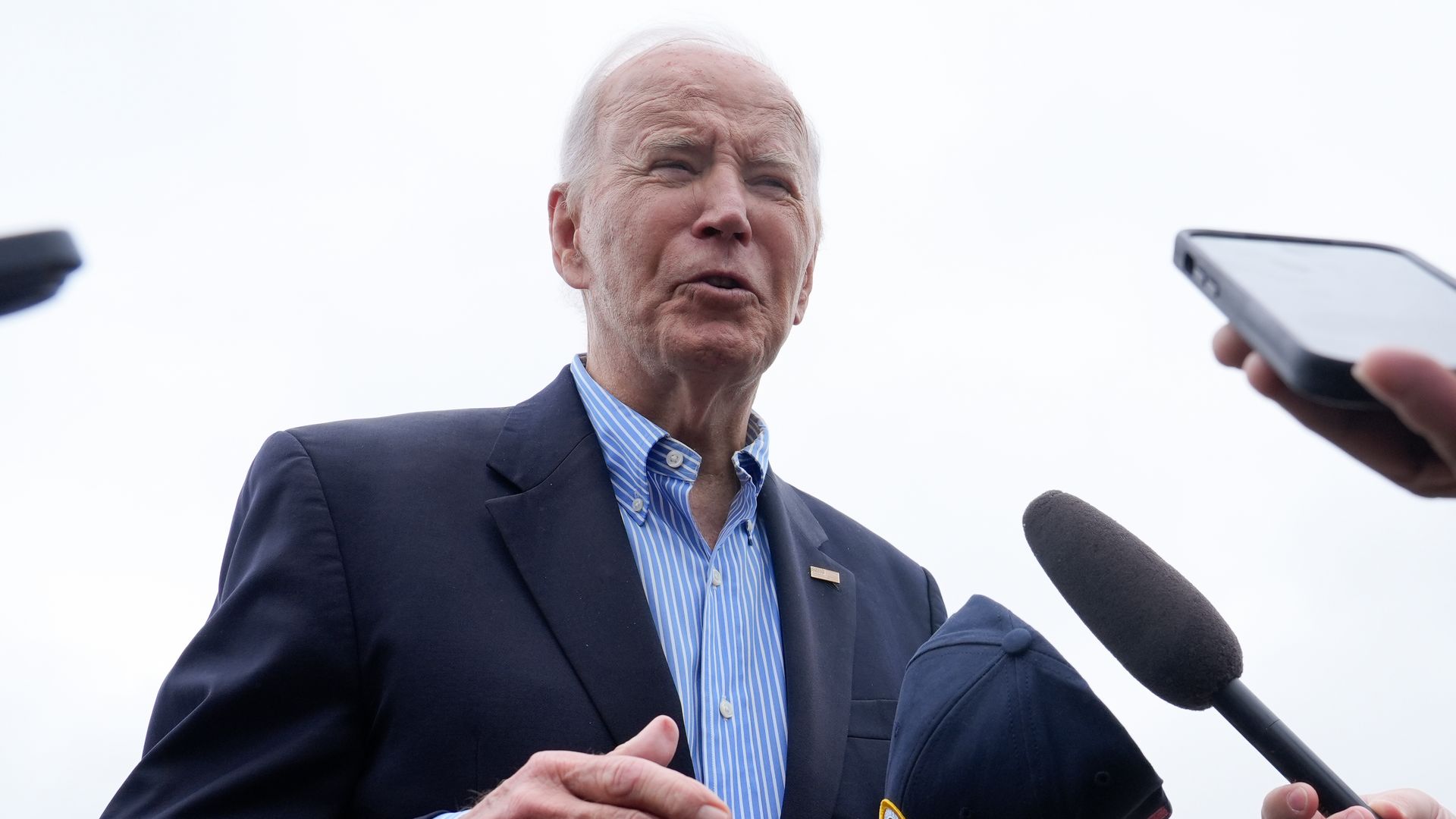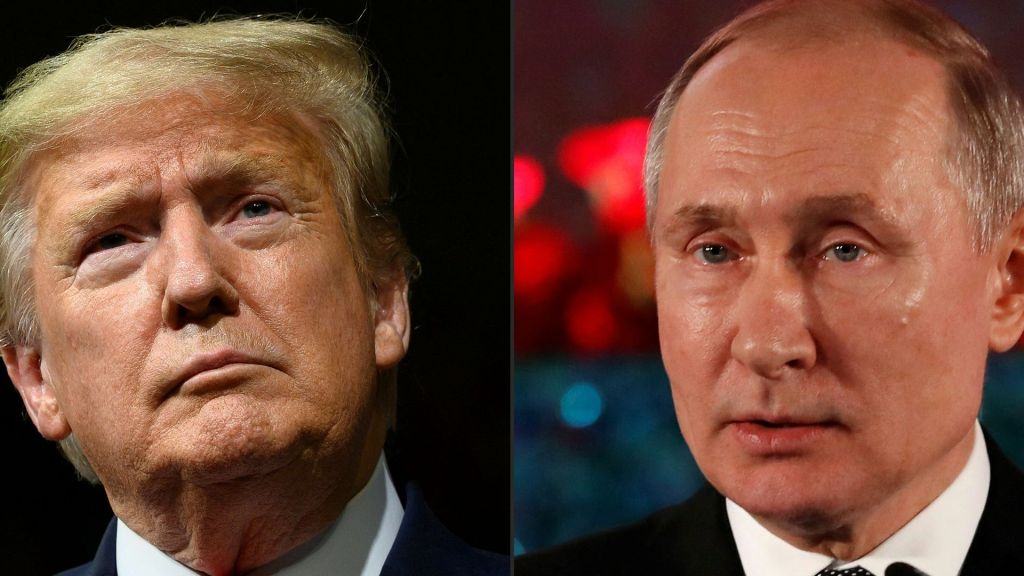
RAY BOGAN: The Biden Administration will not extend the temporary legal status for Venezuelan citizens who were allowed to enter the United States if they had a financial supporter, according to a CBS News report.
The Venezuela parole program began in October 2022 and was expanded in January 2023 to include Cuba, Haiti and Nicaragua. As of August, 530,000 individuals were allowed into the country through the CHNV program, including 117,000 Venezuelans.
President Biden started the program hoping it would reduce illegal immigration. It required an application, vetting, proof of finances from the sponsor and ultimately the immigrant had to buy their own commercial plane ticket to get into the country. Those approved were allowed to live and work here for two years.
Department of Homeland Security officials told CBS News they will not extend the status for those who are here, so Venezuelans who arrived when the program first started will soon see their legal status expire. They will receive notices instructing them to apply for another form of legal status or leave the country.
Parolees from Cuba, Haiti and Nicaragua didn’t join the program until January 2023, so they have three more months until their legal status expires. The government has not made a decision as to whether it will be extended.
It’s unclear what will happen to Venezuelans who are unable to obtain another form of legal status. Venezuela currently rejects deportees from the United States, so it may be difficult for the federal government to remove them from the country. They will all lose their right to work legally.











